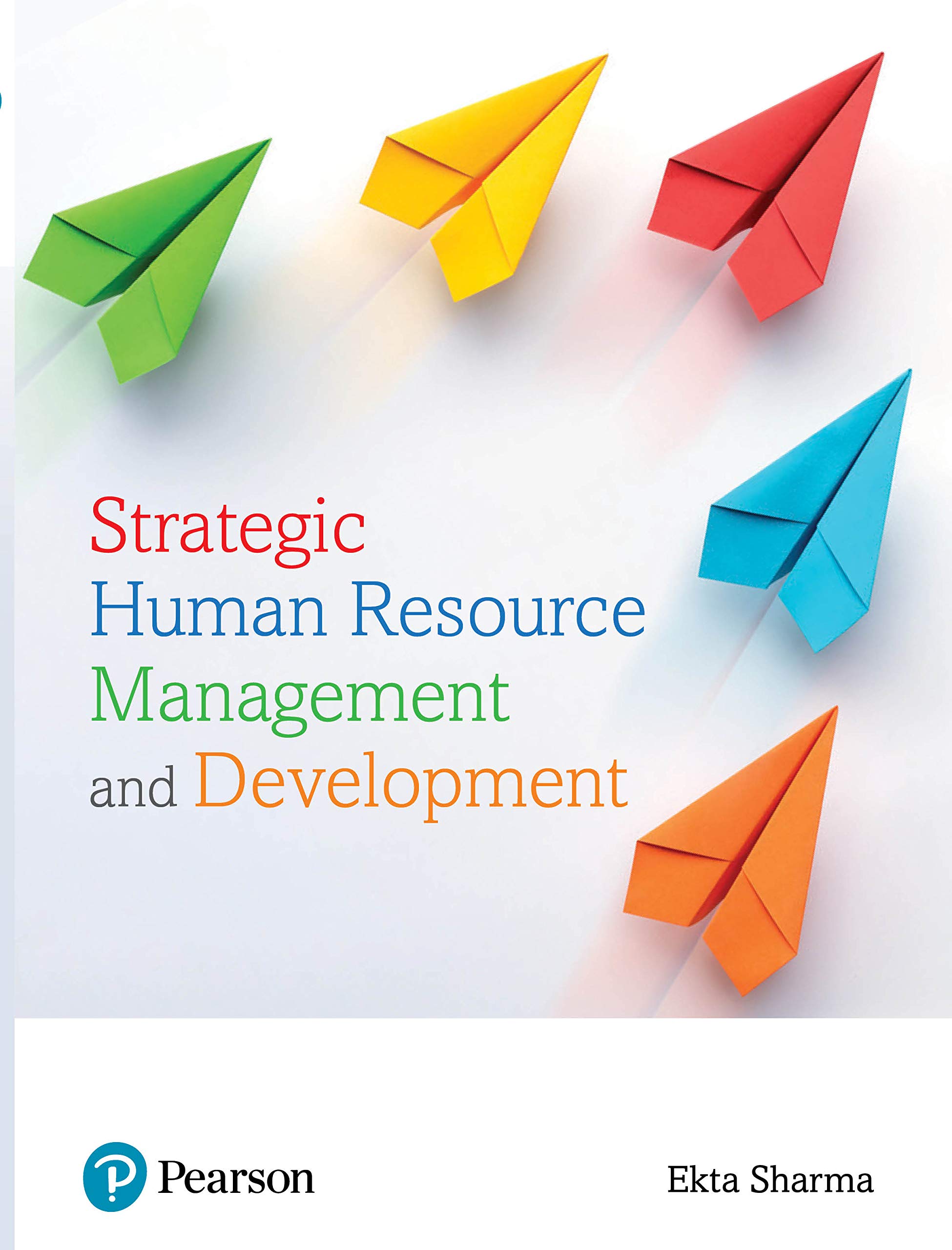
A business must consider waste management. It is a legal responsibility for businesses to dispose of their waste. It is essential for businesses to recycle. However, each year there is still a significant amount of waste. Businesses must be accountable for any by-products from their processes. Businesses can make a better future by following current laws and regulations. Business leaders can help achieve this goal by creating policies that guide their actions.
Environmental impact
Waste management in businesses can have both a positive and negative effect on the environment. Properly disposing of garbage can lead to contamination of water supplies and surface areas. This can pose a risk to humans, animals, or plants. It also pollutes the air, leading to respiratory problems as well as other health problems. To combat these issues, businesses should ensure that they are using environmentally-friendly methods of waste management.
For waste management businesses, it is important to be more conscious of environmental issues. It doesn't matter how small or big a company is, compliance with environmental regulations is essential. This step will not only enhance your company's reputation and image, but it will also help you earn praise from environmental groups and be a model for solid-waste policies. It is possible to improve a company's environmental performance by hiring a recycling company and investing in equipment.
Costs
Costs of waste management in business often include the costs of containers, labor, transfer vehicles, fuel, and landfill taxes. There are also costs associated with recycling. While this is not free, it does save money and is often an essential part of waste management. Many cities have recycling programs and these programs reduce the amount of waste that is sent to landfills.

Recycling is cheaper than traditional landfill fees and more than 60% of trash can be recycled. Non-compliance with waste disposal regulations in the UK can lead to fines and even imprisonment.
Problems
Poor waste management leads to climate change, pollution, and degradation of many ecosystems. Landfills, the last resort for dumping waste, release methane, a powerful greenhouse gas linked to climate change. They can also pollute water and soil. In certain instances, a business might be responsible to creating more waste then it can handle.
Poor waste management poses a risk to your health and can increase the chance of spreading disease. Solid waste that is not properly handled can cause skin irritation and even respiratory problems. It can also contaminate surface water and cause foodborne illness. Landfills left unattended can have a negative impact on the health of the community. Toxic chemicals may leach into the groundwater and cause problems.
Solutions
Business waste management is vital as it helps keep the workplace cleaner and safer. This is especially important to companies working in the food and beverage industry. A solid waste management strategy can help minimize liability and reduce the risk of being fined. It can also increase customer relationships and improve brand image. Streamlining waste management processes can help you stay ahead of the competition.
Your waste management can be simplified by measuring it and identifying what percentage you generate. You might want to invest in a large vertical binder if your company produces a lot of cardboard waste. This will decrease the waste volume and make it easier to recycle.

Partnering With a Waste Management Company
Partnering with a waste management company for your business' waste management can be beneficial. However, it's important to look for companies that will compliment your own schedule and have consistent pickups and deliveries. You will need to pay a significant amount of money to hire a waste management company.
The waste management firm you choose must be able and willing to work with you to schedule collections and provide estimates. They should be easy-to-reach and customer-focused.
FAQ
What are the most common errors made by managers?
Sometimes managers make it harder for their employees than is necessary.
They may not delegate enough responsibilities and not provide sufficient support.
In addition, many managers lack the communication skills required to motivate and lead their teams.
Managers sometimes set unrealistic expectations of their teams.
Managers may choose to solve every problem all by themselves, instead of delegating to others.
What is Kaizen and how can it help you?
Kaizen refers to a Japanese term that stands for "continuous improvements." It is a philosophy which encourages employees in continuously improving their work environment.
Kaizen is a belief that everyone should have the ability to do their job well.
How does Six Sigma work
Six Sigma uses statistical analysis for problems to be found, measured, analyzed root causes, corrected, and learned from.
First, identify the problem.
Next, data is collected and analyzed to identify trends and patterns.
Then corrective actions are taken to solve the problem.
The data are then reanalyzed to see if the problem is solved.
This cycle continues until the problem is solved.
What is TQM, exactly?
The industrial revolution led to the birth and growth of the quality movement. Manufacturing companies realized they couldn't compete solely on price. If they wanted to stay competitive, they needed to improve their quality and efficiency.
Management realized the need to improve and created Total Quality Management, which focused on improving all aspects within an organization's performance. It included continuous improvement processes, employee involvement, and customer satisfaction.
How do we build a culture that is successful in our company?
A culture of respect and value within a company is key to a productive culture.
It's built on three fundamental principles:
-
Everyone has something valuable to contribute
-
Fair treatment of people is the goal
-
There is mutual respect between individuals and groups
These values are evident in the way that people act. They will treat others with kindness and consideration.
They will listen respectfully to the opinions of others.
They encourage others to express their feelings and ideas.
Company culture also encourages open communication, collaboration, and cooperation.
People feel comfortable expressing their opinions freely without fear of reprisal.
They know that they will not be judged if they make mistakes, as long as the matter is dealt with honestly.
Finally, the company culture promotes integrity and honesty.
Everyone is aware that truth must be told.
Everyone understands there are rules that they must follow.
Nobody expects to be treated differently or given favors.
What are the steps of the management decision-making process?
Managers have to make complex decisions. It involves many factors, including but not limited to analysis, strategy, planning, implementation, measurement, evaluation, feedback, etc.
It is important to remember that people are human beings, just like you. They make mistakes. You are always capable of improving yourself, and there's always room for improvement.
In this video, we explain what the decision-making process looks like in Management. We discuss different types of decisions as well as why they are important and how managers can navigate them. The following topics will be covered:
Statistics
- 100% of the courses are offered online, and no campus visits are required — a big time-saver for you. (online.uc.edu)
- The BLS says that financial services jobs like banking are expected to grow 4% by 2030, about as fast as the national average. (wgu.edu)
- As of 2020, personal bankers or tellers make an average of $32,620 per year, according to the BLS. (wgu.edu)
- The average salary for financial advisors in 2021 is around $60,000 per year, with the top 10% of the profession making more than $111,000 per year. (wgu.edu)
- UpCounsel accepts only the top 5 percent of lawyers on its site. (upcounsel.com)
External Links
How To
How do I get my Six Sigma certification?
Six Sigma is a quality management tool to improve processes and increase efficiency. It is a method that enables companies to achieve consistent results with their operations. The name is derived from the Greek word "sigmas", which means "six". This process was developed at Motorola in 1986. Motorola recognized the need to standardize manufacturing processes in order to produce better products at a lower cost. Due to the different workers involved, there was a lack of consistency. They decided to use statistical tools like control charts and Pareto analysis to solve the problem. After this, they would apply these techniques to every part of the operation. So, after applying this technique, they would be able to make changes where there was room for improvement. The Six Sigma certification process involves three major steps. Find out if you are qualified. You will need to complete some classes before you can start taking the tests. Once you've passed those classes, you'll start taking the tests. You'll want to study everything you learned during the class beforehand. Next, you'll be ready for the test. You will be certified if you pass the test. Finally, you can add your certifications on to your resume.